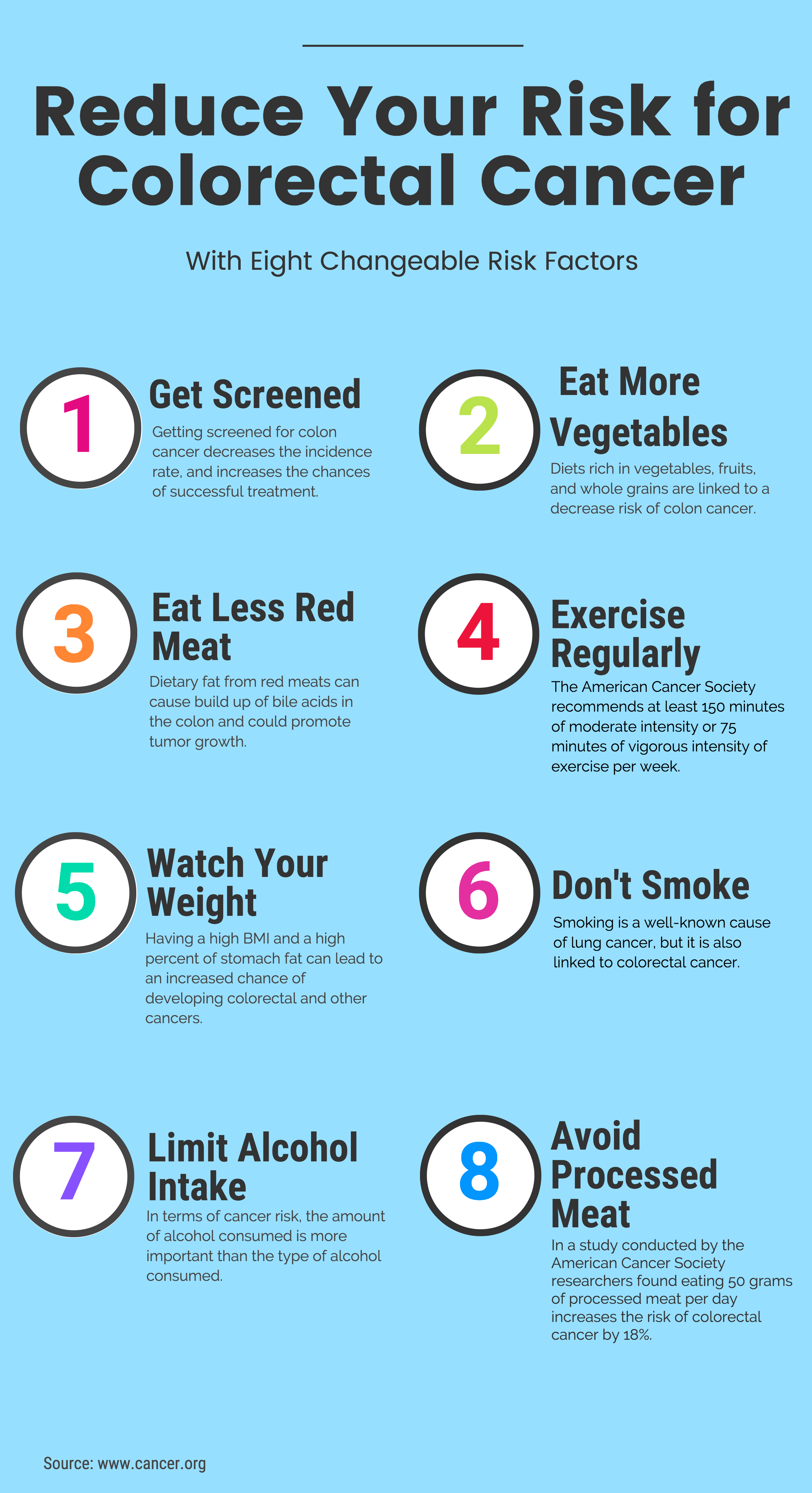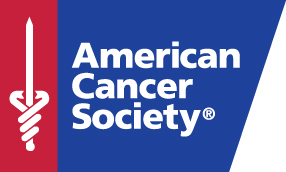A 2017 study finds colon and rectal cancer in Generation X and millennials has risen dramatically. The study, led by the American Cancer Society (ACS), shows colon and rectal cancer (commonly known as colorectal cancer), rates are rising in young and middle-aged adults. The result: three in every 10 rectal cancer diagnoses are now patients younger than age 55. According to ACS, “compared to people born around 1950, those born in 1990 have double the risk of colon cancer and quadruple the risk of rectal cancer.” Typically, routine screenings for colorectal cancer start around age 50 for anyone who has an average risk, but there is now a reason that millennials should be getting screened regularly as well. One of the studies top researchers and Master of Public Health (MPH) of the American Cancer Society Rebecca Siegel said trends in young people are a bellwether for the future disease burden. “Our finding that colorectal cancer risk for millennials has escalated back to the level of those born in the late 1800’s is very sobering,” said Siegel. According to the Centers for Disease Control and Prevention, among cancers that affect both men and women, colorectal cancer is the second leading cancer cause of death in the United States. Colorectal cancer is among the most preventable cancers if prevention methods begin early. The ACS now recommends going in for screening at a much younger age than what has been prescribed in years past. Early detection of colorectal cancer has been the key to the increase of survival rates, and the patient will have more treatment options if polyp detection is early, said American Cancer Society Division Communications Director Joy Donovan Brandon. Screening is one of the most powerful weapons for prohibiting the development of colon cancer, and now more than ever college-aged students should be getting screened regularly. TCU nursing major, Missy Loeffel, talked about what fellow TCU students should do to lower the risk. “I believe that if young adults become more aware that people their age are developing colon cancer they will take preventative action,” said Loeffel. “People our age are also watching increasing numbers of loved ones that are being affected by cancer, and they view it as a life threatening disease.” Loeffel also added, “if students were simply informed on the subject, and how their age group is at risk, more people would go in for screening.” Screening for colorectal cancer includes looking at the structure of the colon to find any abnormal areas, as well as looking for polyps on the inside of the colon. 

Categories:
New study shows higher colorectal cancer rates in millennials
Published Apr 12, 2017

Photo courtesy of Joy Donovan, American Cancer Society Communications Division Director.



